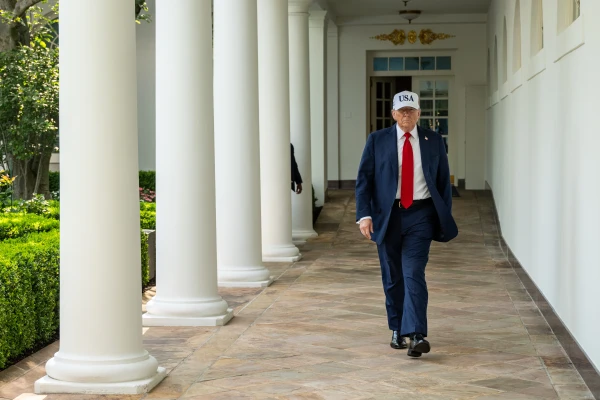
The political views of the two leaders align, but Washington criticizes Hungary for importing Russian energy resources while the rest of Europe disconnects from Moscow. The visit to Hungary could lead to a deal on LNG with Trump.
Hungarian Prime Minister Viktor Orban, leading a delegation of 180 people, will meet President Donald Trump in Washington in a meeting that will not only highlight their friendly relations but also bring to the forefront the ongoing tensions between the two countries.
Orban arrived in Washington on Thursday on a chartered flight from budget airline Wizz Air, proclaiming a special connection between the two countries in the "golden age" of their bilateral relations. The Hungarian delegation is staying at Blair House, the official state guest house of the United States, located directly next to the White House.
Before the trip, Foreign Minister Peter Szijjarto stated that in recent weeks, the U.S. and Hungary have been working intensively to prepare a "big package of economic and energy cooperation that will greatly contribute to ensuring Hungary's long-term energy security."
One of the main topics of the visit will be Russia's ongoing war in Ukraine. Orban was supposed to host a summit in Budapest between President Trump and Russian leader Vladimir Putin, but the Americans ultimately canceled it, believing that Russia was not ready for serious peace negotiations. Instead, the U.S. imposed the toughest sanctions on Russian energy companies since the beginning of the war against Ukraine.
Tensions Regarding the Import of Russian Oil
U.S. officials have urged Hungary to reduce its import of Russian oil, to which Budapest has consistently responded with refusal, citing national security concerns. Following the imposition of sanctions against Lukoil and Rosneft last month, Orban stated that he would ask the U.S. president for an exemption from the sanctions. Trump did not indicate that he was willing to grant him such an opportunity.
"He asked for an exemption, but we did not grant it. He is my friend," Trump told reporters over the weekend aboard Air Force One.
Earlier this month, U.S. Ambassador to NATO Matthew Whitaker told Fox News that Hungary needs to present a plan to reduce its import of Russian oil, and the U.S. is ready to assist Budapest.
Daniel Hegedus, regional director of the German Marshall Fund in the U.S., told Euronews that Orban's main goal is to achieve exemptions from secondary tariffs on Russian energy resources.
But there is no certainty that he will achieve this, and it poses a risk for Orban domestically.
"This meeting was requested by the Hungarians, but nevertheless, it carries significant risk because in the Hungarian domestic narrative, this mission has become associated with these exemptions," Hegedus said in an interview with Euronews. According to him, the Trump administration will not allow Prime Minister Orban to leave the negotiations weak, even if Hungary's energy policy contradicts the wishes of the U.S. government.
"Trump has made it abundantly clear that he desires the re-election of the Hungarian Prime Minister. And against this backdrop, they understand that they should not weaken him. I think Orban will be ensured at least a small symbolic victory," Hegedus said.
To ease tensions, Hungary may offer trade and defense deals. One option could be increasing liquefied natural gas purchases from the U.S. in accordance with EU requirements.
"I can imagine that they will announce additional LNG purchases to ensure Hungary's energy security," Hegedus said.
Budapest and Washington have also been negotiating for years about the purchase of small nuclear reactors. The agenda may also include the involvement of the U.S. in the development of the Paks nuclear facility, and this meeting could facilitate a breakthrough.
According to the Hungarian service of Radio Free Europe, a defense deal is also on the table. Although details are unknown, the aim is "cooperation to enhance the capabilities of the Hungarian army, possibly through joint ventures."
Trump and Orban Will Also Discuss the War in Ukraine
Hungary has repeatedly stated that it is ready to host a summit in Budapest, although the U.S. has shown no signs that it is prepared to revive this idea.
James Batcik, deputy director of the Atlantic Council's European Center, argues that the cancellation of the summit in Budapest, combined with the potentially catastrophic consequences of new U.S. energy sanctions against Russia, has put Orban in a difficult position.
The U.S. may use its leverage over Budapest to compel Orban to lift his veto on Ukraine's application to join the European Union. Batcik believes that the visit to the White House "will be a great opportunity to end the obstacles posed by Budapest to Ukraine's EU accession."
Hungary is blocking the opening of negotiation stages for Ukraine with the European Union on the grounds that Kyiv is still at war and poses a security threat to the EU. Most European leaders support the opening of negotiations, and the European Commission stated this week that Ukraine is technically ready for this.
The U.S. Has Stopped Funding the Hungarian Service of Radio Free Europe
On Thursday, as the Hungarian delegation headed to Washington, Kari Lake, a staunch Trump supporter and acting CEO of the U.S. Agency for Global Media, announced the cessation of funding for Szabad Europa, the Hungarian service of Radio Free Europe/Radio Liberty. The funding cut could lead to the shutdown of Szabad Europa, one of the few critical outlets still operating in Hungary.
"These programs undermine President Trump's foreign policy by opposing the democratically elected Prime Minister of Hungary, Viktor Orban," Lake wrote in a letter to members of Congress.
Fidesz party member Andras Laszlo, in a social media post, stated that Szabad Europa deserves to be closed as it operates "against American-Hungarian friendship."


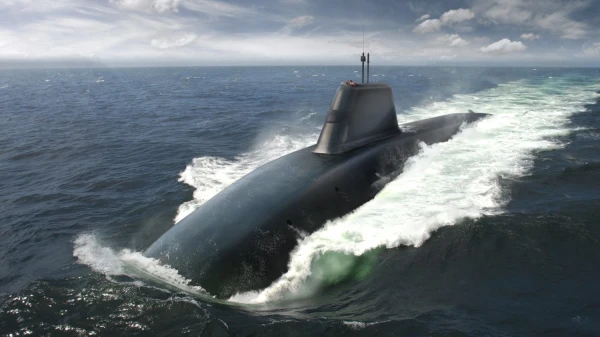

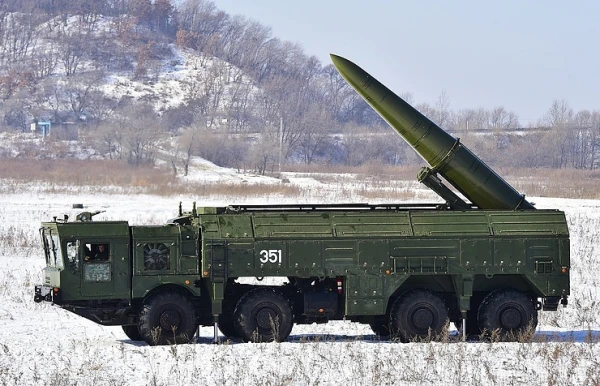


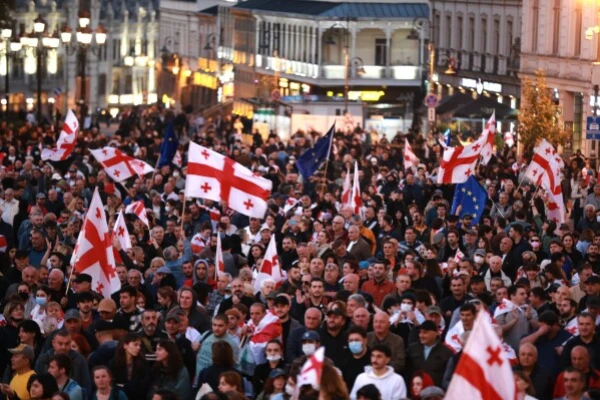

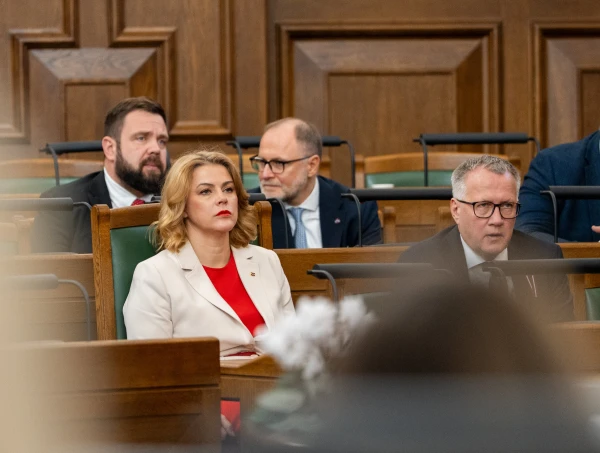



Leave a comment